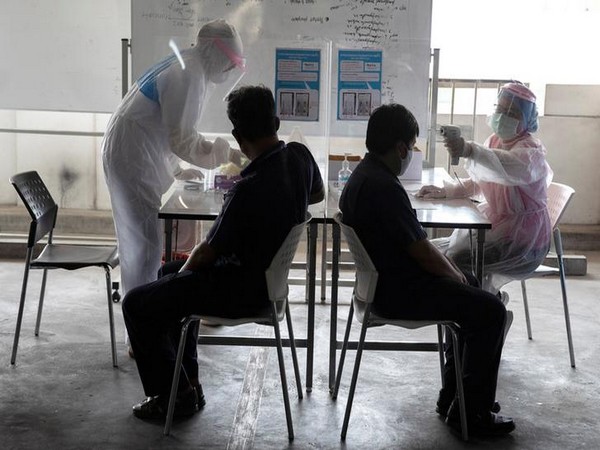COVID-19 may have adverse effects on women's health: PFI
UNICEF has estimated that in the nine months span dating from when COVID-19 was declared a pandemic, the countries with the highest numbers of forecast births are expected to be India (20.1 million), China (13.5 million), Nigeria (6.4 million), Pakistan (5 million) and Indonesia (4 million), PFI said in its paper. Given the evidence, the NGO has recommended applying a gender lens using gender disaggregated data and evidence to address programmes and policies around COVID-19, and increasing investments in family planning as the most cost-effective public health measures.

- Country:
- India
The effects of the coronavirus pandemic threaten to reverse the limited progress made on gender equality and women's sexual and reproductive health, an NGO said. The Population Foundation of India (PFI) has recommended timely measures to ensure women and girls remain central to COVID-19 response planning and recovery efforts.
On the occasion of World Population Day, the NGO released a policy paper 'Impact of COVID-19 on Women' which takes a comprehensive look at the different impacts of the COVID-19 crisis across the country, specifically on women and girls. It said that evidence from past epidemics, as well as the existing evidence around the impact of COVID-19, suggests that the disruption of essential health services puts women and girls at risk of decreased access to services as resources are diverted from routine health services, including pre- and post-natal health care, family planning, and contraceptive supply and other reproductive health services.
The limited availability of essential health services, including sexual and reproductive health services, will be detrimental in the long run, PFI said. "The COVID-19 crisis has placed unprecedented demands on our social services and the health care system. Women are increasingly at greater risk of sexual and domestic violence, disruptions to their healthcare services, stock-outs of supplies of contraceptives and menstrual hygiene products, and mental stress and anxiety," Poonam Muttreja, the executive director of PFI said.
"It is critical to reassess our emergency response policies through a gender lens to improve planning and programming," she said. UNICEF has estimated that in the nine months span dating from when COVID-19 was declared a pandemic, the countries with the highest numbers of forecast births are expected to be India (20.1 million), China (13.5 million), Nigeria (6.4 million), Pakistan (5 million) and Indonesia (4 million), PFI said in its paper.
Given the evidence, the NGO has recommended applying a gender lens using gender-disaggregated data and evidence to address programs and policies around COVID-19 and increasing investments in family planning as the most cost-effective public health measures. It also has sought investment in the 3.3 million female frontline health workers who are the face of the Indian public health system and in many parts of the country the only health-care support.
(This story has not been edited by Devdiscourse staff and is auto-generated from a syndicated feed.)
ALSO READ
Pakistan Tehreek-e-Insaf wants to run away from Senate elections: PML-N
Pakistan Tehreek-e-Insaf Chairman hints at joining JUI-F's sit-in against govt
Pakistan: 'No evidence' of Bushra Bibi being poisoned: medical report
Hafiz Naeem elected sixth emir of Jammat-e-Islami Pakistan
Government to sell Pakistan International Airlines majority shares










